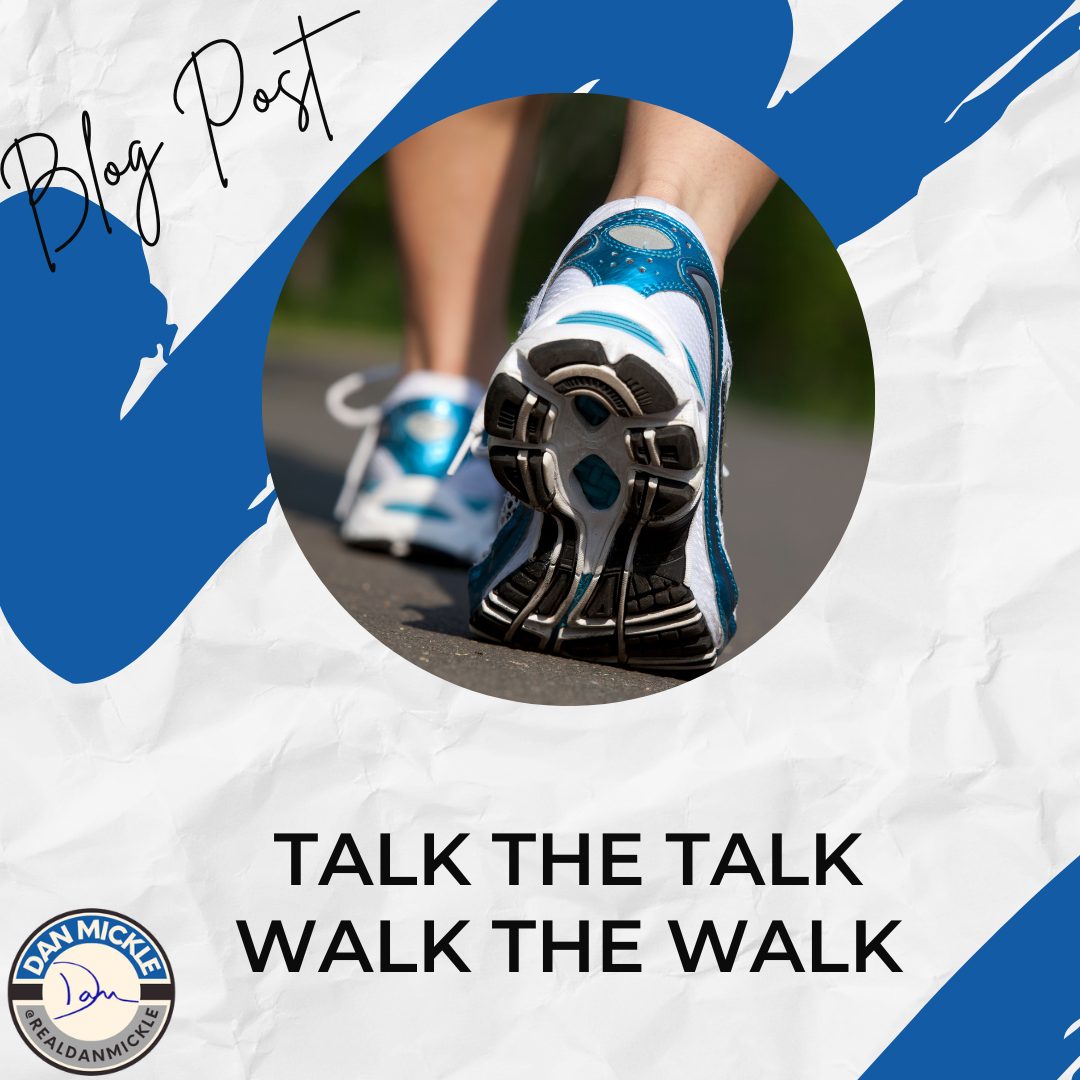One of the most powerful elements in any team sport is trust. Without it, even the most skilled athletes won’t perform at their peak. Trust in the coach, in each other, and in the process of learning and growing is what binds a team together, especially in those tough moments. And yet, trust isn’t just something that happens—it’s something you create, nurture, and work at every single day. If you, as a coach, want to help your athletes perform at their highest level, the foundation needs to be trust, and it starts with communication. So, how do you build that trust? Let’s dive in.
As a coach, you’re the cornerstone of trust within your team. Everything you do, say, and how you react to situations sends a message. If you want your athletes to trust you, you have to show them that you’re trustworthy. This means being consistent in your actions. If your athletes know what to expect from you, they will feel more secure in their roles and actions. You also need to be accountable. If you make a mistake, own it. This not only demonstrates that you’re human but also reinforces the idea that accountability is a two-way street. Transparency is another key factor. Be open about decisions, why certain things happen, and how you plan to move forward. When your athletes understand the reasoning behind decisions, they’re less likely to feel left in the dark, which can erode trust.
But here’s the thing: if you want your athletes to trust you, you need to be the first one to show that you trust them. That’s where communication comes into play. Building trust is a two-way street, and one of the best ways to foster that is through communication. You’ve probably heard it a thousand times: “Listen more than you speak.” As basic as it sounds, this is a cornerstone of effective coaching. When you take the time to listen—really listen—to your athletes, you send a message that their thoughts, concerns, and input matter.
Fostering open dialogue starts with asking your athletes how they feel about a drill or what they think might improve their performance. Instead of just telling them what to do, open the door for them to share their thoughts and ideas. You’ll be amazed at how much more engaged they’ll become when they feel like they have a voice in the process.
But it’s not just about listening to their words—it’s about being receptive to what they’re really saying. When they share their frustrations or concerns, listen without jumping to conclusions or immediately offering solutions. Sometimes, just taking the time to listen and validate their feelings can be more valuable than any piece of advice you can offer. When athletes feel heard, they’re more likely to be open with you in the future, and that strengthens the coach-athlete relationship.
Then there’s the feedback. As a coach, you’re always giving feedback—whether it’s positive or constructive. But feedback can be tricky. If you’re not careful, it can come across as criticism, and when athletes feel criticized, trust can erode quickly. The key to making feedback work is being specific. General feedback like “You need to work harder” doesn’t tell the athlete what they need to improve. Instead, focus on the “how” and “why.” For example, if you’re teaching a player to improve their passing, saying something like “When you’re setting the ball, focus on keeping your elbows high. This will give your teammates a better chance to attack” is far more effective.
It’s also important to balance your feedback. A good coach doesn’t just point out what went wrong; they also celebrate what went right. Recognizing improvement—no matter how small—can go a long way in building trust. When athletes feel recognized for their effort and progress, they’re more likely to be receptive when you offer constructive criticism. Timing also plays a huge role in feedback. Giving feedback at the right moment—whether that’s right after a play or in a private setting—ensures it’s well-received. Critiquing a player in the middle of a game, in front of teammates, can be damaging. But when you take them aside or provide feedback in private, they’re more likely to take it to heart without feeling exposed or defensive.
Building trust within the team itself is just as important. Trust between teammates is what creates the foundation for a cohesive, high-performing unit. When there’s a lack of trust, it’s easy for tension and poor communication to develop. But trust doesn’t just happen—it needs to be nurtured. Encouraging collaboration is one of the most effective ways to build that trust. When teammates can rely on each other during practices, they begin to understand that their success is tied to the success of the team as a whole. Team-building activities outside of practice can also help foster these connections. Whether it’s a team dinner, a day of volunteering, or simply spending time together, these moments help create bonds that translate into stronger trust and communication on the field.
Of course, celebrating success is another critical aspect. When your team achieves something—whether it’s a hard-earned victory or a small win in practice—celebrate it as a team. Acknowledging these successes together reinforces the idea that everyone’s contribution matters, and it solidifies the trust between players.
At the end of the day, trust is the secret ingredient to success. Athletes who trust their coach and their teammates are more likely to take risks, try new things, and step out of their comfort zones. They know that even if they fail, they’re supported. They understand that their coach and teammates believe in their potential, and that belief gives them the confidence to perform at their best. Trust leads to better collaboration, increased motivation, and emotional security, and all of these elements contribute to a team’s success.
Building trust isn’t something that happens overnight. It requires consistency, vulnerability, and effort. But when you, as a coach, commit to creating a culture of trust and communication, the results will speak for themselves. Your athletes will feel valued, heard, and supported, and that’s the foundation for long-term success—both on and off the field.
So, take a moment to reflect on your own relationship with your athletes. Are you building trust with them? Are you fostering open, honest communication? If not, today’s a great day to start. Go out there and create a culture of trust—your athletes will thank you for it.


